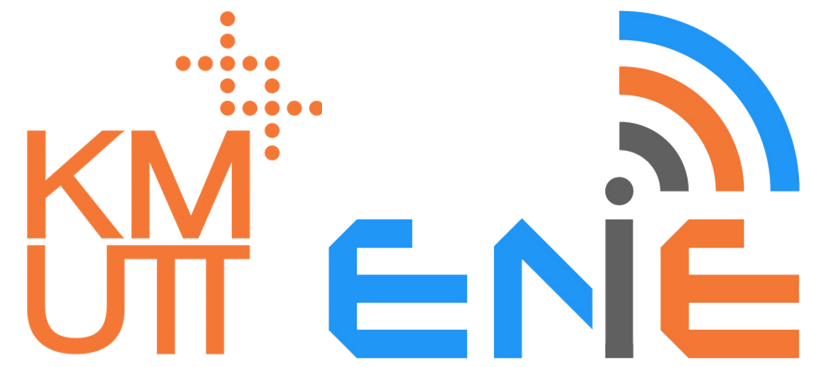
Undergraduate Program
Curriculum name
Bachelor of Engineering Program in Electrical Communication and Electronic Engineering
Description
This degree-program emphasizes the foundations, essential practices, and core subjects in electrical communication and electronic engineering for undergraduate students. Courses are designed to maximize students’ learning from the perspective of theory, application, and laboratory practice. All courses are thought in Thai.
Curriculum objectives
This degree-program aims to
- educate the undergraduate students, with an emphasis on electronics and telecommunications curriculum, so that upon graduation they are able to contribute positively to the workforce
- create the learning environments and pedagogic resources, such as textbooks, teaching materials, and cutting-edge research, that advance the electronics and telecommunications industry in the countr
- train personnel in government and private sectors with new technologies and practices that are relevant to their needs
Curriculum name
Bachelor of Engineering Program in Electrical Communication and Electronic Engineering (International Program)
Description
This degree-program emphasizes the foundations, essential practices, and core subjects in electrical communication and electronic engineering for undergraduate students. Courses are designed to maximize students’ learning from the perspective of theory, application, and laboratory practice. All courses are thought in English.
Curriculum objectives
This degree-program aims to
- educate the undergraduate students, with an emphasis on electronics and telecommunications curriculum and on the communication skills in English, so that upon graduation they are able to contribute positively to the workforce
- create the learning environments and pedagogic resources, such as textbooks, teaching materials, and cutting-edge research, that advance the electronics and telecommunications industry in the country
- train personnel in government and private sectors with new technologies and practices that are relevant to their needs
Master of Engineering Program in Electrical and Information Engineering
M.Eng. (Electrical and Information Engineering)
Philosophy of the program This program focusses on producing graduates who are able to conduct research studies and develop electrical engineering and information technology. They can learn new technology by themselves and can analyze problems and appropriately apply new technology in electrical engineering and information technology. The graduates should also gain basic knowledge and in-depth knowledge in electrical engineering, control systems, electronics and telecommunication as well as information technology so as to suitably create, apply and transfer knowledge.
Doctor of Philosophy Program in Electrical and Computer Engineering (International Program)
Philosophy of the program
Doctor of Philosophy Program in Electrical and Computer Engineering (International Program) at the Faculty of Engineering, King Mongkut’s University of Technology Thonburi is a doctoral program intended to produce international standard academics and educational personnel together with electrical engineers, computer engineers, electronics and telecommunication engineers, and instrumentation and control system engineers at the doctoral degree level who are proficient in conducting research, designing and developing new technologies together with applying new technologies to solve engineering problems. They are also expected to work with professional ethics and strive for new knowledge, enabling them to keep abreast with new technologies related to their fields. In addition to these traits, the graduates should be equipped with teaching skills so that they can transfer knowledge and technologies and provide academic services appropriate for sustainable development for the benefits of the country.

